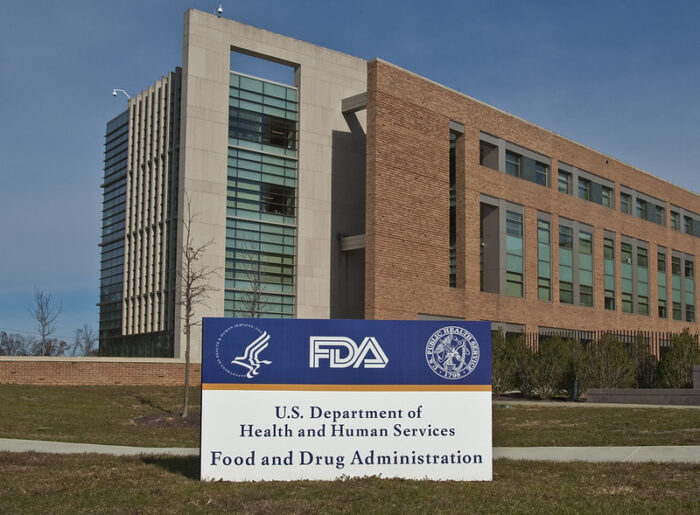

BeiGene is a relative latecomer to immuno-oncology, and the China-based company’s efforts to bring its first such drug to the U.S. market will have to wait a little longer. An FDA decision for a BeiGene drug for esophageal cancer has been delayed until the agency can complete inspections of the manufacturing facilities for the immunotherapy.
The drug, tislelizumab, is already commercialized in China. A U.S. regulatory decision was due Tuesday. According to BeiGene, the FDA cited Covid-19 travel restrictions as the reason that the required inspections could not be completed—an increasingly common issue during the pandemic. BeiGene, which aims to commercialize tislelizumab in the U.S. and other markets under a partnership with Novartis, said its drug remains under FDA review but the agency has not provided a new target date for a decision.
“BeiGene and Novartis will continue to work actively with the FDA to support scheduling the required inspections as soon as possible,” the company said in its announcement of the delay on Thursday.
Tislelizumab belongs to a class of cancer drugs called checkpoint inhibitors. The antibody drug is designed to block PD-1, a protein on T cells that keeps them from recognizing tumors. Blocking this protein allows immune cells to detect and fight cancer cells. BeiGene had been seeking approval of tislelizumab as a second-line treatment for patients with advanced esophageal squamous cell carcinoma. In Phase 3 testing, the results showed a 30% reduction in the risk of death. Compared to chemotherapy, treatment with tislelizumab extended overall survival by a median 2.3 months. If the BeiGene drug lands an FDA nod, it will compete against Merck’s Keytruda and Bristol Myers Squibb’s Opdivo, blockbuster checkpoint inhibitors that already have approvals in a wide range of cancers, including esophageal cancer.
The deferred decision for tislelizumab is also a setback for Novartis, which holds rights to the drug in North America, Europe, Russia, and Japan. In early 2021, the Swiss pharma giant paid BeiGene $650 million up front to acquire those rights and begin a partnership on the drug that includes clinical trials testing the immunotherapy in combination with other cancer treatments. The deal makes BeiGene eligible for up to $1.3 billion in regulatory milestone payments as well as a $250 million sales-based milestone.
Late last year, BeiGene and Novartis expanded their relationship with a new agreement covering another drug, ociperlimab. That antibody drug targets a different checkpoint protein called TIGIT. Novartis paid BeiGene $300 million up front to begin the partnership. The deal calls for the Swiss pharma giant to pay $700 million more if it exercises its option to license ociperlimab.
Public domain photo by FDA


















